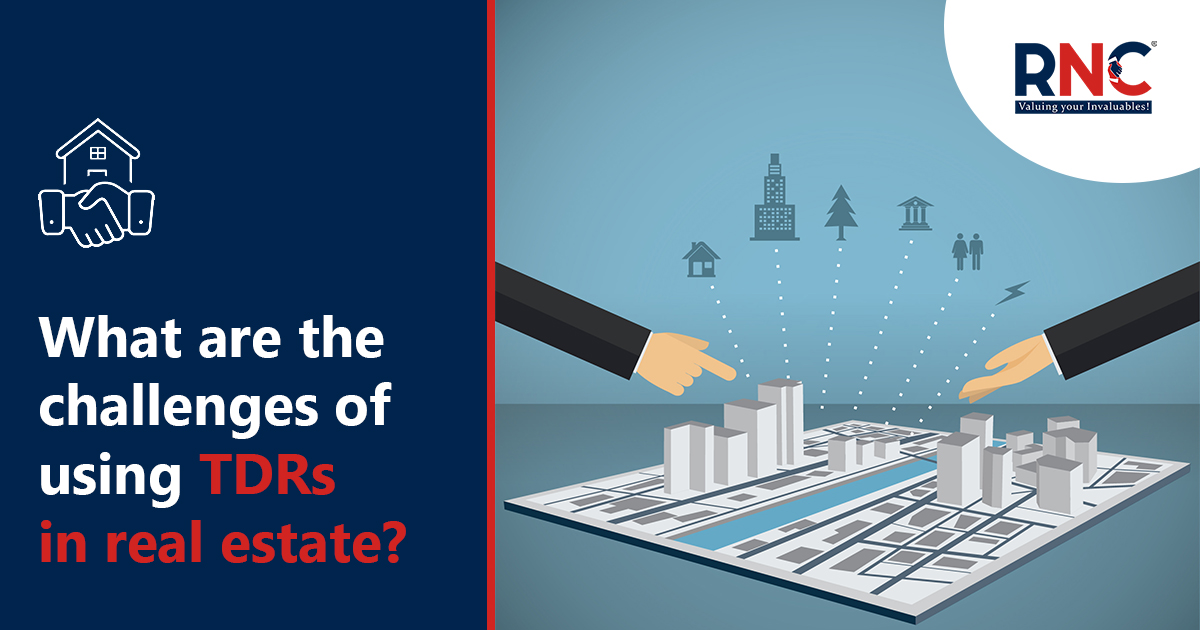
Introduction
In today’s dynamic business world, intangible assets are becoming more and more important to an organization’s success. Comprehending the worth of these intangible assets has grown in significance as companies strive to stay innovative and competitive. This holds true for the domains of tax planning and litigation in addition to financial reporting. This blog explores the significance of valuing intangible assets in navigating the complex world of taxes and litigation.
Intangible Assets
Intangible assets have become increasingly important in the digital age when concepts and inventions frequently surpass real assets. These days, proprietary technology, patents, copyrights, and trademarks all significantly increase a company’s total value. Leveraging these intangibles for strategic advantage begins with acknowledging their significance. Businesses can learn more about the value of their intangible assets through efficient valuation, which helps them make well-informed decisions about tax planning and legal issues.
Read More: Strategic Insights: Valuing Assets in Complicated Deals
Tax Planning
Valuing intangible assets is a chore for financial reporting and a useful tool in tax planning. By understanding the value of brands, intellectual property, and other intangibles, businesses may optimize their tax positions. Part of this is looking for opportunities for tax breaks, credits, and other incentives related to intangible assets. Additionally, businesses can allocate costs with the backing of a well-defined value to optimize the benefits of intangible assets while ensuring tax compliance.
Litigation
Intangible asset appraisal is particularly crucial when it comes to legal matters because it may involve proprietary technology or intellectual property. A strong legal strategy can be built on precise valuation in cases involving intellectual property infringement, contract disputes, or corporation dissolution. Courts typically rely on trustworthy assessments when evaluating damages, equitable recompense, or the overall economic impact of the intangible assets in question. A well-written value report can significantly strengthen an organization’s position in court and be a powerful tool in negotiations.
Conclusion
As businesses continue to evolve in the digital age, the role of intangible assets in shaping their success cannot be overstated. The strategic use of intangible asset valuation in tax planning and litigation is not just a financial necessity but a proactive approach to unlocking the true potential of intellectual property and proprietary technologies. By embracing precision in valuation practices, businesses can confidently steer through the complexities of taxes and legal disputes, positioning themselves for sustained success in a competitive landscape.
Read trending articles:
Valuation of Investment: Why it is Important for Investors
Future of Investment Banking: Eye-Opening Trends and Challenges to Consider
FAQs:
1. What are intangible assets in business?
Intangible assets are non-physical assets such as brand value, intellectual property, patents, trademarks, goodwill, and customer relationships that contribute to a company’s value.
2. Why is intangible asset valuation important in tax planning?
Accurate valuation helps determine the fair value of assets for tax deductions, transfer pricing, amortization, and avoiding disputes during audits or assessments.
3. How does intangible asset valuation support litigation cases?
It provides defensible evidence of asset value in legal matters like shareholder disputes, IP infringement claims, or business separations, helping courts or regulators make informed decisions.
4. What methods are used to value intangible assets?
Common methods include the Income Approach (Discounted Cash Flow), Market Approach (comparable sales), and Cost Approach (replacement cost).
5. Who conducts intangible asset valuation in India?
In India, intangible asset valuations are typically performed by IBBI-registered valuers, chartered accountants, or financial consultants with expertise in IP and regulatory compliance.
